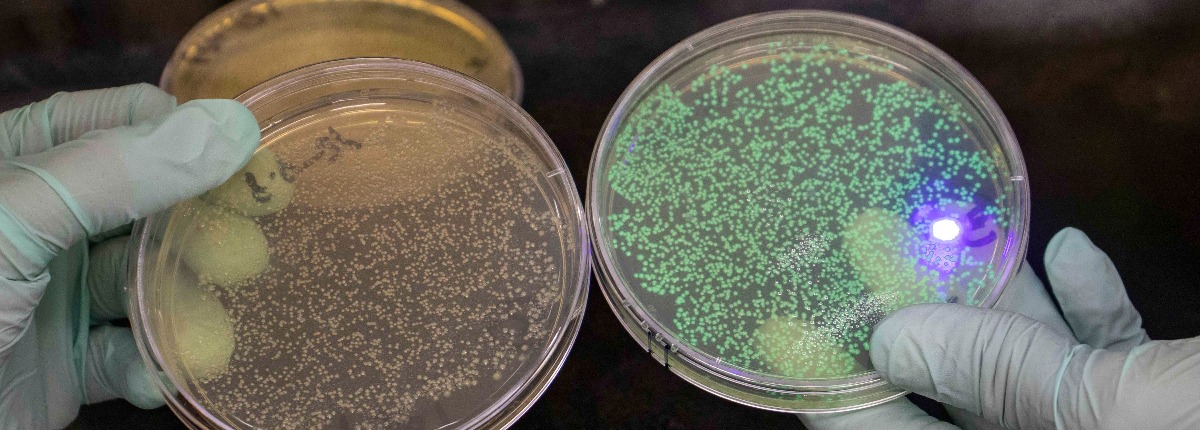
We respectfully acknowledge the University of Arizona is on the land and territories of Indigenous peoples. Today, Arizona is home to 22 federally recognized tribes, with Tucson being home to the O’odham and the Yaqui. Committed to diversity and inclusion, the University strives to build sustainable relationships with sovereign Native Nations and Indigenous communities through education offerings, partnerships, and community service.
The Department of Molecular and Cellular Biology (MCB) strives to create an inclusive environment to conduct its research, teaching service and outreach activities. MCB recognizes that diverse perspectives, cultures, and past experiences make science and our scientific community stronger. At the same time, MCB acknowledges those who have been and continue to be underrepresented in science. We welcome and support students and researchers regardless of race, national origin, gender identity, sexual orientation, religion, age or disability status. We continue to work to overcome our own biases and to combat discrimination in biology and academia through education, training, and critical review of our behaviors and institutional policies. We will use our resources to increase diversity, equity and inclusion in our department and local community.
Below are some of the activities MCB has initiated in the past several years to become a more inclusive department.
- MCB offers free coaching/tutoring for students in MCB 181 and 182 and Chem 151 and 152.
- MCB offers one-unit freshman and sophomore colloquia with faculty instructors open to MCB majors, providing students with access to develop relationships with faculty early in the MCB major.
- Freshmen Essentials Workshop - these workshops are designed to meet all students where they are and help with be successful in the major. We go over opportunities and information students need to know to be a MCB, College of Science, and university student.
- MCB Mentor Program - this program helps all students, but especially first-generation, by matching them with a mentor through their first semester. Mentor / mentee matches are generally based on things such as 1st gen status, future plans, and some students ask specifically ask to mentor someone with similar race/ethnicity.
- Ambassadors - consideration is given to having diversity in both gender, sexual orientation, race and ethnicity on our Ambassador team so all students feel welcomed and see someone they recognize as an ally.
- Scholarships - some donors request that consideration is given to diversity when awarding scholarships.
- Research - many of our undergraduates participate in research in one of our labs. Our advisors strive to find ways for any student who is interested to take part in research.
- Yearly Graduate Student Retreat: To encourage our PhD students to actively consider a variety of careers in biology, MCB funds a yearly “Student Only” Retreat and Career Development Workshop. MCB graduate students invite and host a guest speaker from a non-research/academic career and enjoy lunch and a half-day of activities of their choosing at MCB’s expense. Over the last few years the workshops have included scientists from local Biotech companies (Sanofi, Ventana Medical Systems, and several startups), teaching faculty from the U of A and beyond, journal editors, a patent lawyer and several consultants.
While we recognize that there is much to do, we also celebrate our accomplishments. MCB received the UArizona Departmental Award for Excellence in 2020 for “outstanding departmental excellence of the management of its people and resources.”
To find more informaton on Diversity, Equity and Inclusion at the University of Arizona, please visit https://diversity.arizona.edu/ and https://equity.arizona.edu/.





